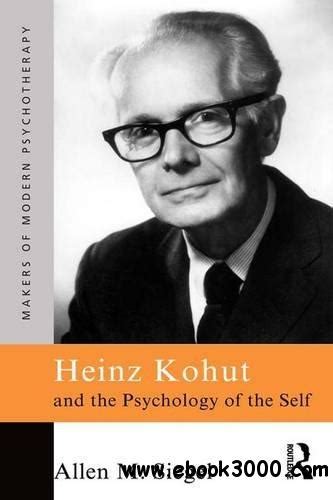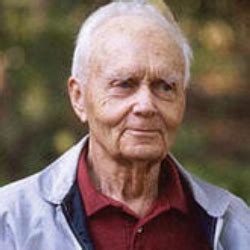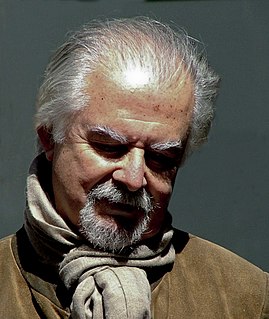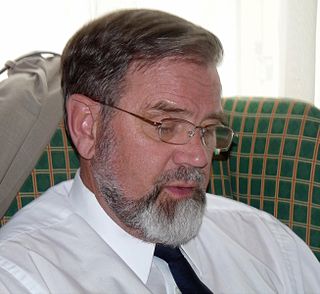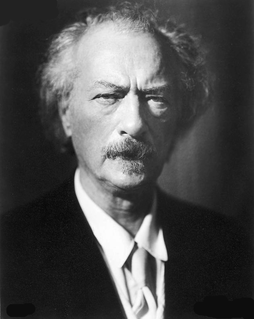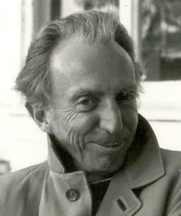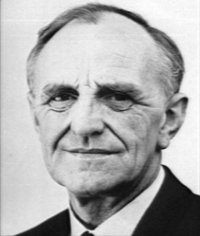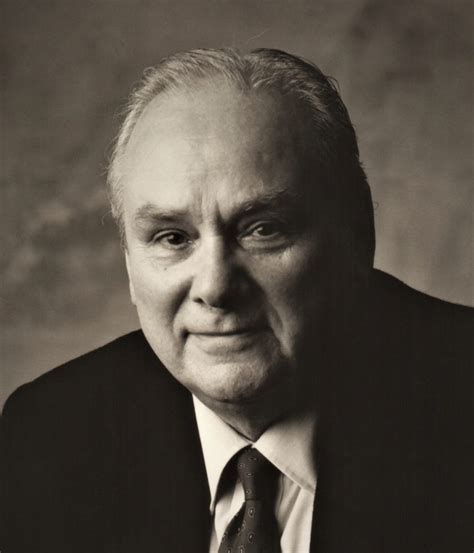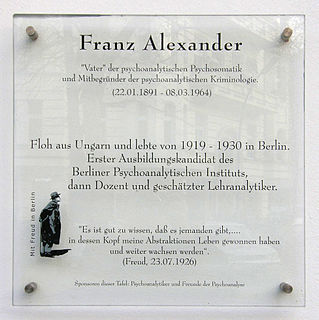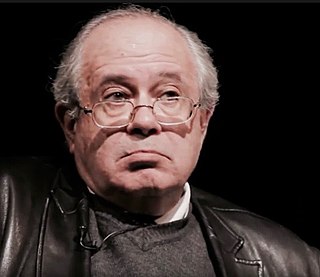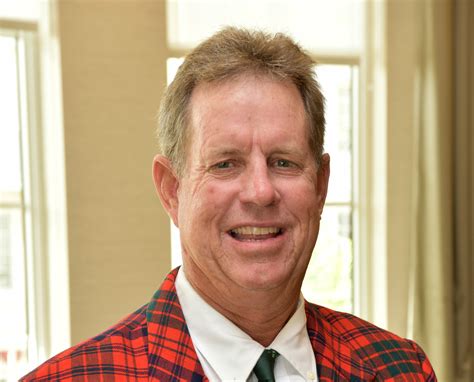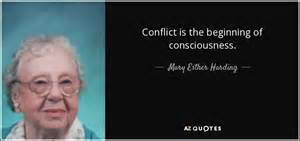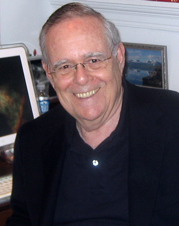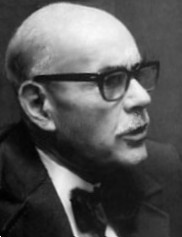A Quote by Heinz Kohut
The musician of disordered sound, the poet of decomposed language, the painter and sculptor of the fragmented visual and tactile world: they all portray the break up of the self and, through the rearrangement and reassemble of the fragments, try to create new structures that possess wholeness, perfection, new meaning.
Related Quotes
All children want to do is play in worlds they create and project on their external world. If allowed to do that, they are constantly building new neural structures for creating internal worlds and projecting them on their external world. And they build up an enormous self-esteem and feeling of power over the external world through their own capacities.
Wholeness is sort of a dubious concept. Because in terms of the human body and literal wholeness and structures, you think: "here are the structures that help make me whole." Family, or school, or the city I live in. When those structures are dysfunctional or decaying, you end up kind of Frankensteining pieces from everywhere in order to make yourself sated and comfortable and alive.
Erwin Schrodinger has explained how he and his fellow physicists had agreed that they would report their new discoveries and experiments in quantum physics in the language of Newtonian physics. That is, they agreed to discuss and report the non-visual, electronic world in the language of the visual world of Newton.
The U theory suggests that the central integrating thought ... will emerge from building three integrated capacities: a new capacity for observing that no longer fragments the observer from what's observed; a new capacity for stillness that no longer fragments who we really are from what's emerging; and a new capacity for creating alternative realities that no longer fragments the wisdom of the head, heart and hand.
...by the time we understand the pattern we are in, the definition we are making for ourselves, it's too late to break out of the box. We can only live in terms of the definition, like the prisoner in the cage in which he cannot lie or stand or sit, hung up in justice to be viewed by the populace. Yet the definition we have made of ourselves is ourselves. To break out of it, we must make a new self. But how can the self make a new self when the selfness which it is, is the only substance from which the new self can be made?
Sound words can't be understood through formal study of the language alone. They're felt when you immerse yourself in the culture or lifestyle that becomes a part of you. The Japanese language is abundant with onomatopoeia. Even though I've lived in Japan a long time, sound words are still an uncertain territory. And I think new words are being created every day. Even when I don't know a word I can sometimes connect it to a meaning using the sensations produced by the sounds, which feels like I'm playing with words.
